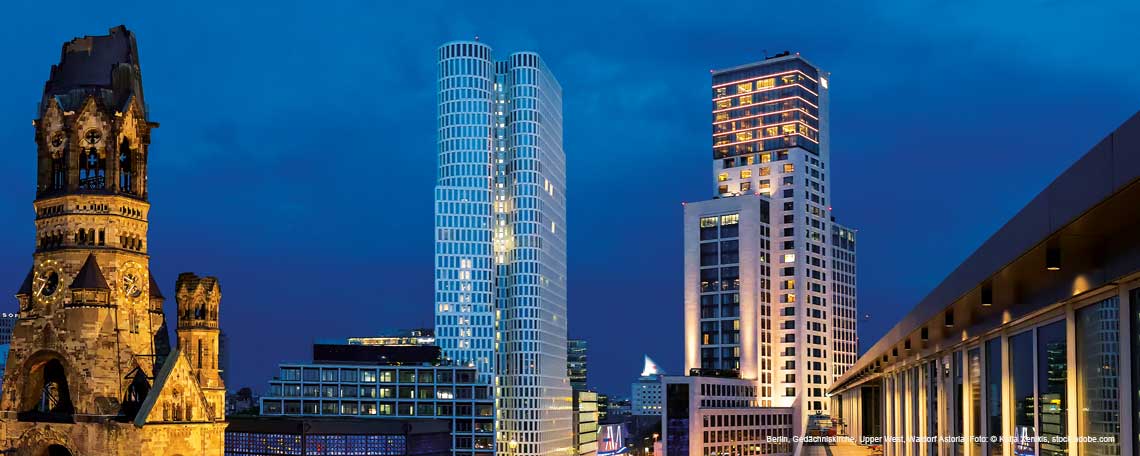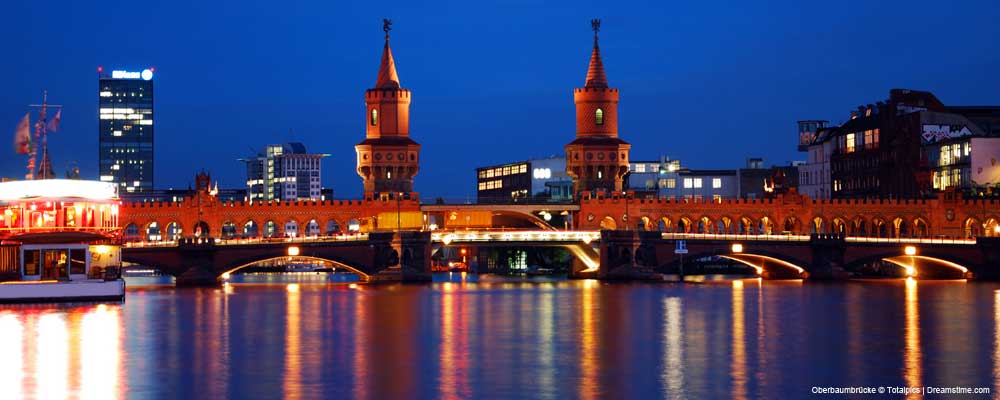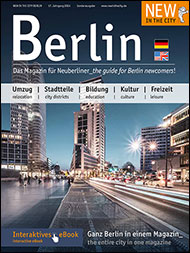Berlin schooling: from first grade to graduation
 © spass, stock.adobe.com
© spass, stock.adobe.com
Berlin’s school system has undergone a far-reaching educational reform. The changes were implemented after Germany was unexpectedly given low marks in the Program for International Student Assessment (PISA) global evaluation of 15-year-old’s educational performance. The capital’s Hauptschule (secondary schools) were reorganized. Now, after six years at primary school, children attend one of only two kinds of high schools: a grammar (academic) school or a comprehensive school. The new schools offer students the chance to gain all the usual leaving certificates after 10 years of formal education. These include vocational education, advanced vocational education, intermediate education certificate or university entrance diploma with the latter awarded after 13 years of schooling.
One advantage of the new secondary schools is the small class sizes of 25 pupils. They will also be all-day schools with reliable supervision until at least 4 pm. With new dual-learning programs, students will be able to have vocational training early on.
Grammar school students can gain the university entrance certificate after 12 years of schooling, although they have seven hours of classes nearly every day. Grammar schools will be equipped with cafeterias serving students with a warm lunchtime meal. Each city district will have at least one all-day grammar school open until 4 pm.









